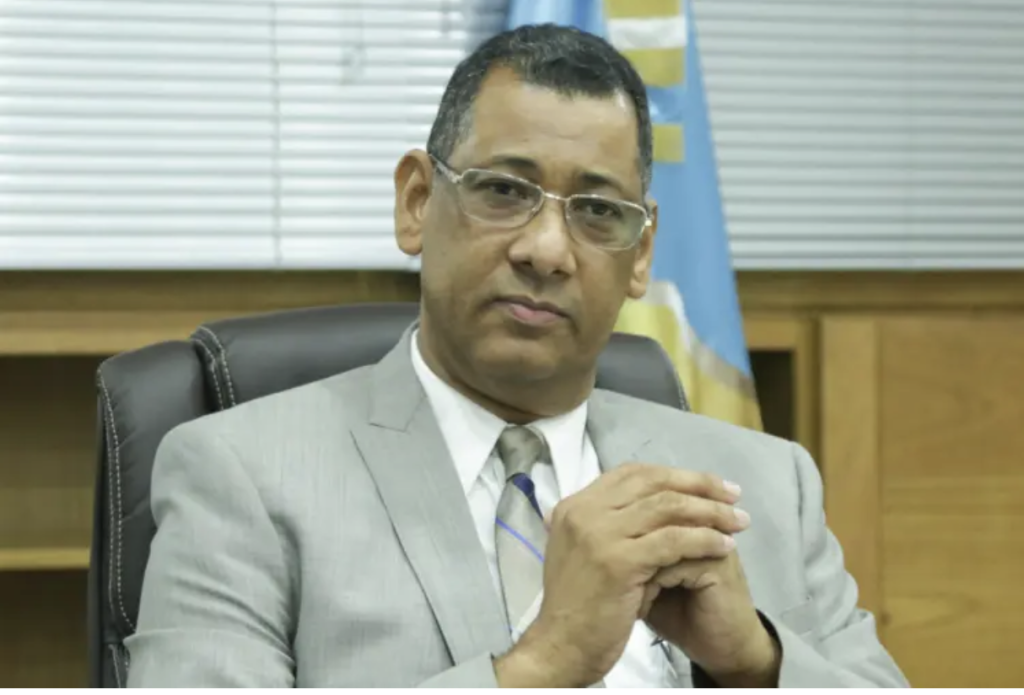
The Migration Agency (DGM) director, Enrique Garcia was interviewed on the TV program Hoy Mismo and admitted he does not know how many Haitian citizens are living and working in the Dominican Republic.
“Now we are talking and we do not know how many are entering through the border,” Garcia stressed. He said the numbers of most other foreigners are known because they fall under the migration controls at the international airports. But most Haitians enter by land.
He explained that the immigration authorities continue to strengthen the deportation operations of all those illegal foreigners residing in the country.
He said the agreement that was signed with the Association of Traders and Industrialists of Santiago (ACIS) and the Consulate of Haiti is to promote trade between both nations, the regularization of Haitian workers to give them access to social security, and the pension system.
Nevertheless, he said that no private initiative is above the migration law.
“Any documentation given to a foreigner from any association or private institution is totally illegal,” said the director of Migration.
He said the Haitian authorities estimate that there are 3,000 Haitian entrepreneurs operating businesses in Santiago alone and at least 500,000 Haitians working formally and informally in the Cibao area.
He reminded that the migration laws grant certain facilities to foreigners who makes investments of more than US$200,000 in the Dominican Republic. García said that the Migration Agency has authorized only six residences for investment to Haitian citizens and four of these have expired.
Garcia called for Haitians who have made investments in the country to approach the Migration Agency to regularize their status. Otherwise, these run the risk of being deported, he said.
When interviewed for the TV program, García explained that the main problem with the Haitians is that they do not have passports. “Of 10 that we detain, nine do not have passports,” he explained. He added that even when the Dominican employers would like to help their employees regularize their status they cannot do so because these are undocumented.
One of the major obstacles in to regularize the status of Haitians in the Dominican Republic is that Haitian governments have been negligent in documenting their citizens over the years. With the critical social, economic, political and security situation in Haiti worsening, the difficulties are now more pronounced.
Read more in Spanish:
15 June 2022

